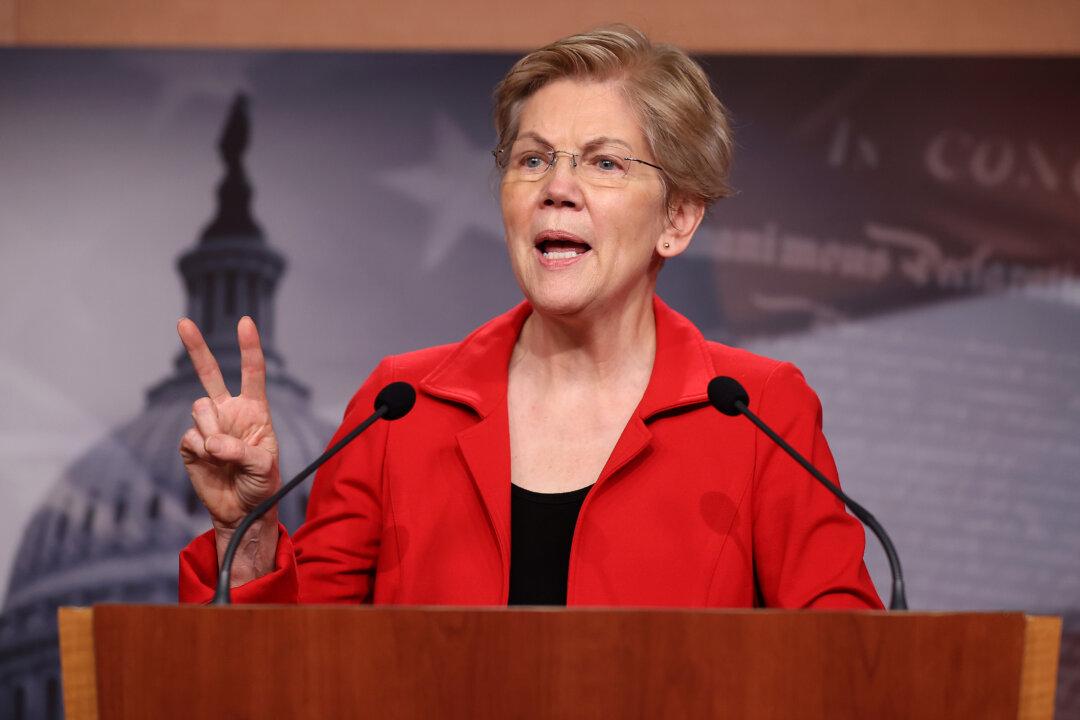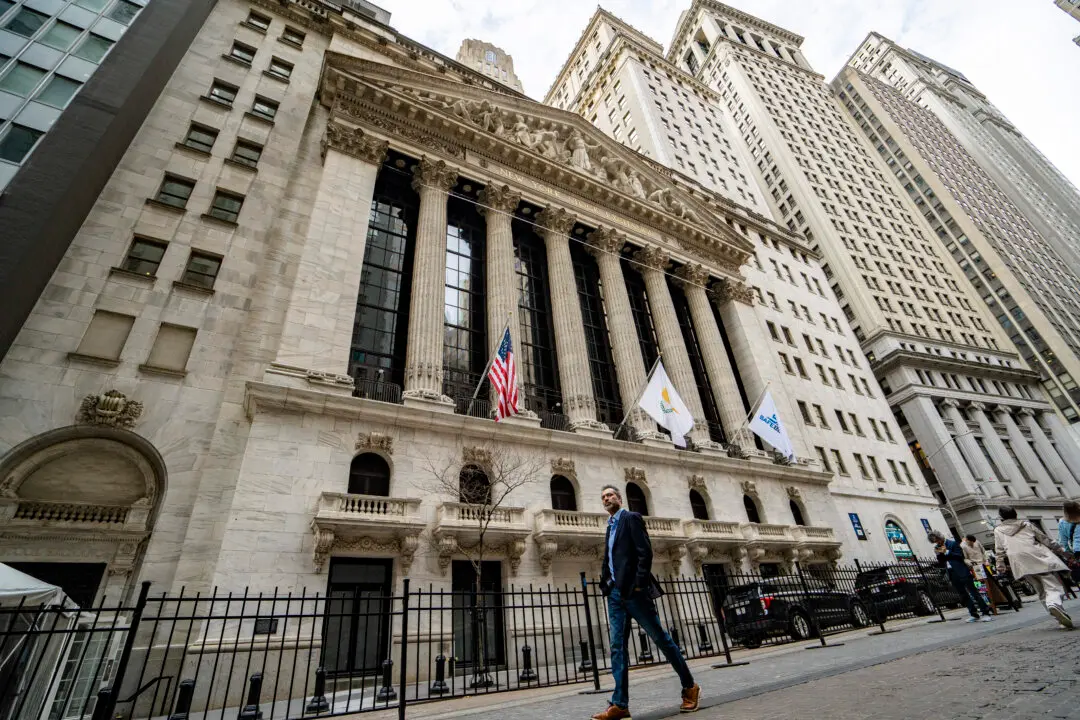A bipartisan group of senators, led by Sen. Elizabeth Warren (D-Mass.) and Sen. J.D. Vance (R-Ohio), introduced legislation to revive efforts to claw back big bank executives’ compensation in the event of a failure or resolution.
The senators, 11 of whom are members of the Senate Banking, Housing, and Urban Affairs Committee, introduced the Failed Bank Executives Clawback Act. The bill would allow federal regulators to claw back up to three years of compensation earned by bank CEOs, board members, controlling shareholders, and other integral individuals should the company fail or be resolved.





